Without Form and Void
A Prologue to THE CREATION by Franz Joseph Haydn
-
Ships in 1 to 2 weeks
Details
Description
SKU: PR.362034230
A Prologue to THE CREATION by Franz Joseph Haydn. Composed by Dan Welcher. Sws. Premiered at the Northwest Hills United Methodist Church, Austin, TX. Choral. Performance Score. With Standard notation. Composed July 5 2014. 16 pages. Duration 5:15. Theodore Presser Company #362-03423. Published by Theodore Presser Company (PR.362034230).ISBN 9781598069556. UPC: 680160624225. Letter inches. English.
When the Texas Choral Consort asked Welcher to write a short prologue to Haydn's "The Creation," his first reaction was that Haydn already presents Chaos in his introductory movement. As he thought about it, Welcher began envisioning a truer void to precede Haydn's depiction of Chaos within the scope of 18th-century classical style - quoting some of Haydn's themes and showing human voices and inhuman sounds in a kind of pre-creation melange of color, mood, and atmosphere. Welcher accepted this challenge with the proviso that his prologue would lead directly into Haydn's masterpiece without stopping, and certainly without applause in between. Scored for mixed chorus and Haydn's instrumentation, Without Form and Void is a dramatically fresh yet pragmatic enhancement to deepen any performance of Haydn's "The Creation." Orchestral score and parts are available on rental.
When Brent Baldwin asked me to consider writing a short prologue to THE CREATION, my first response was “Why?” THE CREATION already contains a prologue; it’s called “Representation of Chaos”, and it’s Haydn’s way of showing the formless universe. How could a new piece do anything but get in the way? But the more I thought about it, the more it made sense. The Age of Enlightenment’s idea of “Chaos” was just extended chromaticism, no more than Bach used (in fact, Bach went further).Perhaps there might be a way to use the full resources of the modern orchestra (or at least, a Haydn-sized orchestra) and the modern chorus to really present a cosmic soup of unborn musical atoms, just waiting for Haydn’s sure touch to animate them. Perhaps it could even quote some of Haydn’s themes before he knew them himself, and also show human voices and inhuman sounds in a kind of pre-creation mélange of color, mood, and atmosphere. So I accepted the challenge, with the proviso that my new piece not be treated as some kind of “overture”, but would instead be allowed to lead directly into Haydn’s masterpiece without stopping, and certainly without applause. I crafted this five minute piece to begin with a kind of “music of the spheres” universe-hum, created by tuned wine glasses and violin harmonics. The chorus enters very soon after, with the opening words of Genesis whispered simultaneously in as many languages as can be found in a chorus. The first two minutes of my work are all about unborn human voices and unfocused planetary sounds, gradually becoming more and more “coherent” until we finally hear actual pitches, melodies, and words. Three of Haydn’s melodies will be heard, to be specific, but not in the way he will present them an hour from now. It’s almost as if we are listening inside the womb of the universe, looking for a faint heartbeat of worlds, animals, and people to come. At the end of the piece, the chorus finally finds its voice with a single word: “God!”, and the orchestra finally finds its own pulse as well. The unstoppable desire for birth must now be answered, and it is----by Haydn’s marvelous oratorio. I am not a religious man in any traditional sense. Neither was Haydn, nor Mozart, nor Beethoven. But all of them, as well as I, share in what is now called a humanistic view of how things came to be, how life in its many forms developed on this planet, and how Man became the recorder of history. The gospel according to John begins with a parody of Genesis: “In the beginning was the Word, and the Word was with God, and the Word was God.” I love that phrase, and it’s in that spirit that I offer my humble “opener” to the finest work of one of the greatest composers Western music has ever known. My piece is not supposed to sound like Haydn. It’s supposed to sound like a giant palette, on which a composer in 1798 might find more outrageous colors than his era would permit…but which, I hope, he would have been delighted to hear.
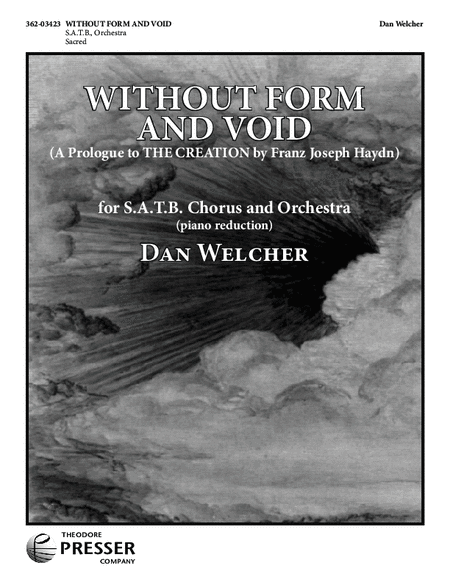
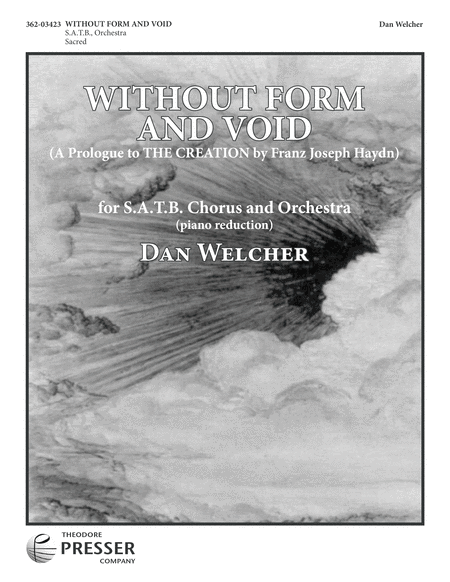
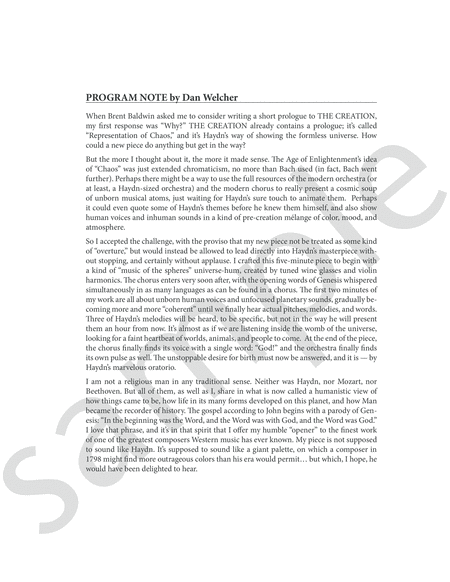
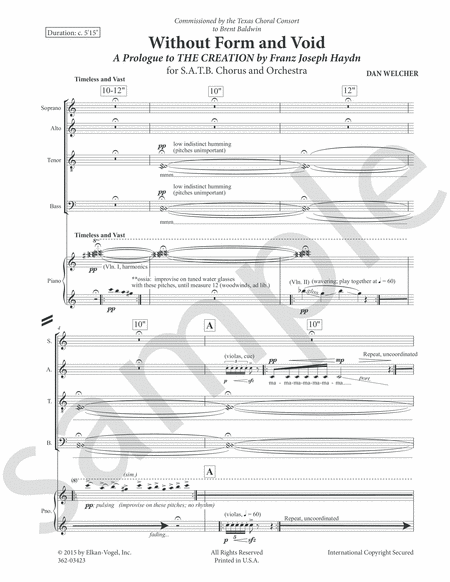
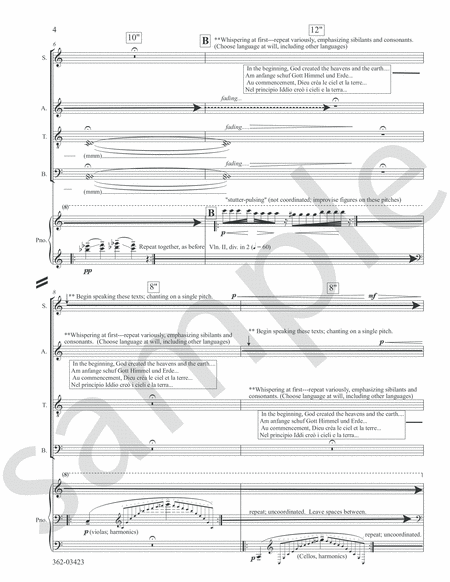
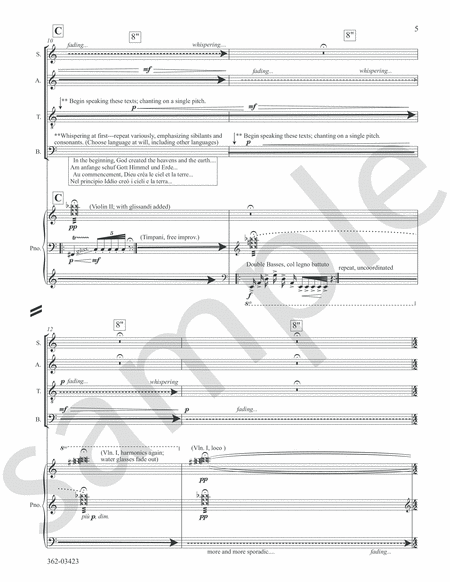
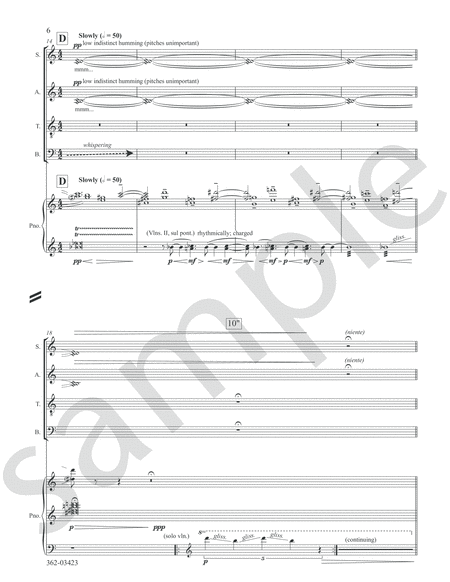
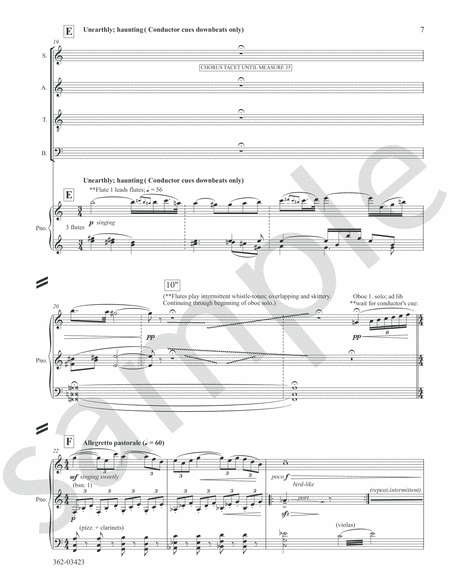
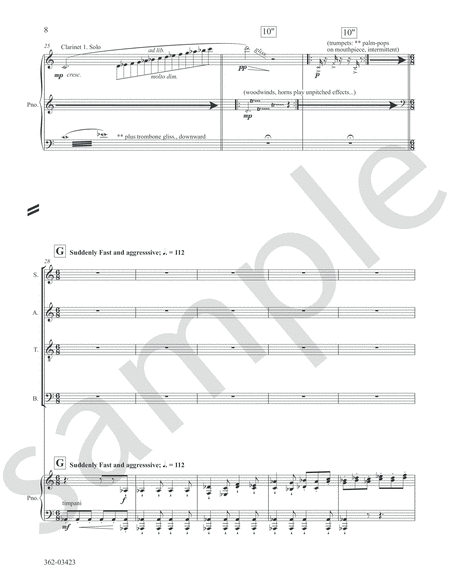
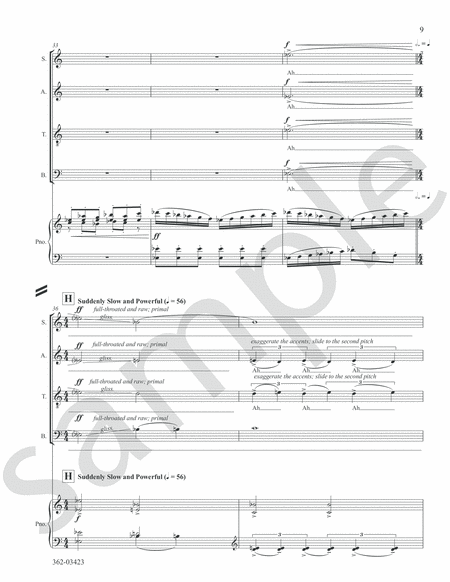
 Share
Share